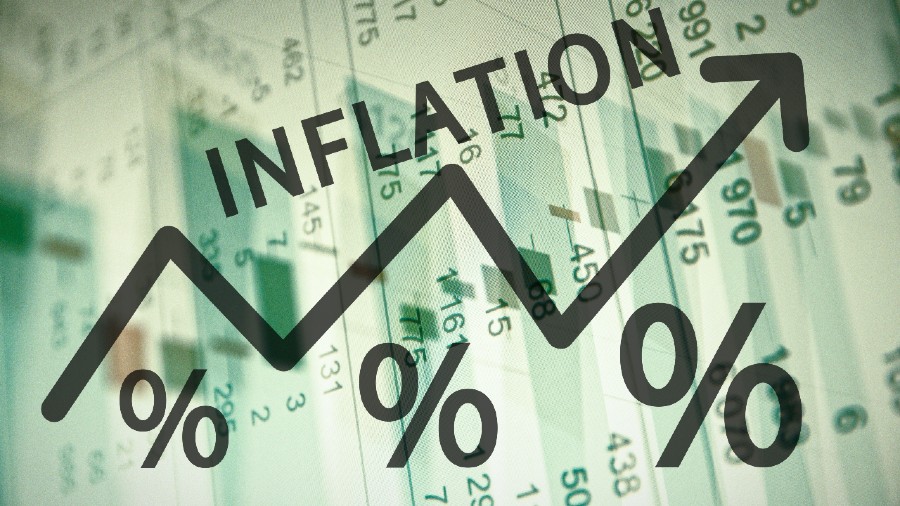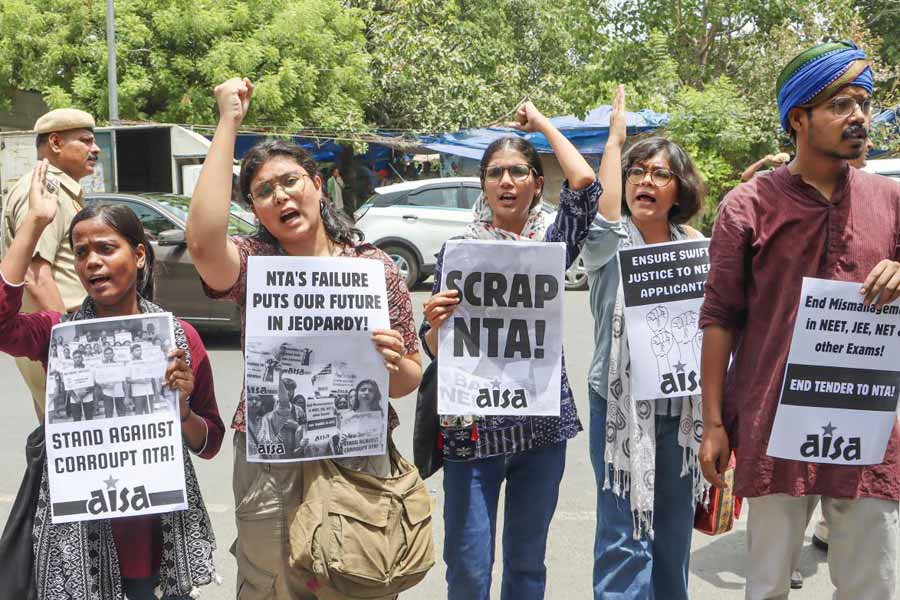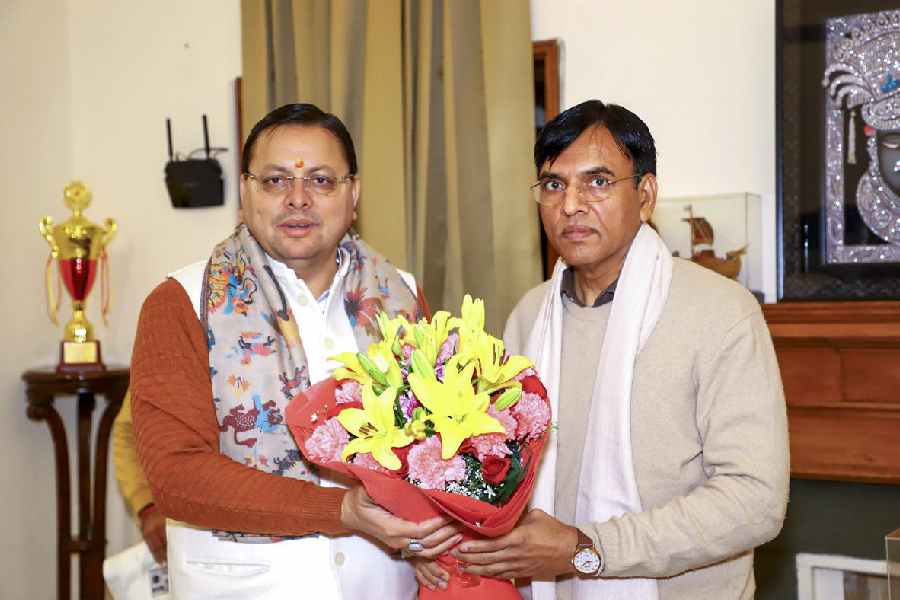Retail inflation accelerated to a three month high of 4.91 per cent in November because of a sharp rise in fruits and vegetable prices but remained within the tolerance limit of the Reserve Bank of India.
Core inflation, which strips out the effects of food and fuel, worryingly rose to 6.21 per cent — the highest in five months — compared with 6.17 per cent in October.
Economists have warned of risks of an uptick in headline inflation over the coming months as companies pass on rising input costs to consumers amid economic recovery.
Consumer Price Index (CPI) based retail inflation was 4.48 per cent in October 2021 and 6.93 per cent in November 2020.
The RBI has been mandated by the government to keep retail inflation at 4 per cent with a margin of 2 per cent on either side. The data in November is within the central bank's target for the fifth consecutive month.
Food inflation picked up to 1.87 per cent in November from 0.85 per cent a month ago with a rise in the prices of vegetables. Clothing and footwear inflation was 7.94 per cent in November from 7.39 per cent in October.
Housing inflation was at 3.66 per cent in November compared with 3.54 percent in the preceding month. Fuel & light inflation came in at 13.35 per cent compared with 14.35 per cent seen in October.
“CPI inflation jumped to three-months high mainly led by higher core-inflation of 6.08 per cent, a five-months high. Excise reliefs on petrol and diesel and a cut in VAT by most state governments have not provided much relief to retail inflation,’’ Devendra Kumar Pant, chief economist, India Ratings & Research, said.
“With input price pressures forcing producers to raise prices in many sectors, the November 2021 CPI inflation accelerated slightly faster than we had expected, shrugging off the favourable base effect and the cut in fuel taxes,” Aditi Nayar, chief economist, Icra, said.
She said a moderation in CPI inflation for fuel and light, pan, tobacco and intoxicants, and miscellaneous items was outpaced by the rise in the inflation for food and beverages, housing, and clothing and footwear.
“As long as CPI inflation remains within the target of 2-6 per cent, the MPC and RBI will prefer to prioritise growth and maintain policy support to impart durability and sustainability to the recovery.”
Nayar said there isn’t enough evidence on the durability of the growth recovery to confirm that the stance will be changed to neutral in the February 2022 policy review
“The consumer price inflation rose to a three-month high in November and upside risks to the outlook are mounting,” Shilan Shah, senior India Economist, Capital Economics, said.
"While we still think the RBI won’t raise policy rates until the middle of next year, a sharp rise in food price inflation in particular may hasten the start of the tightening cycle,” Shah said.











